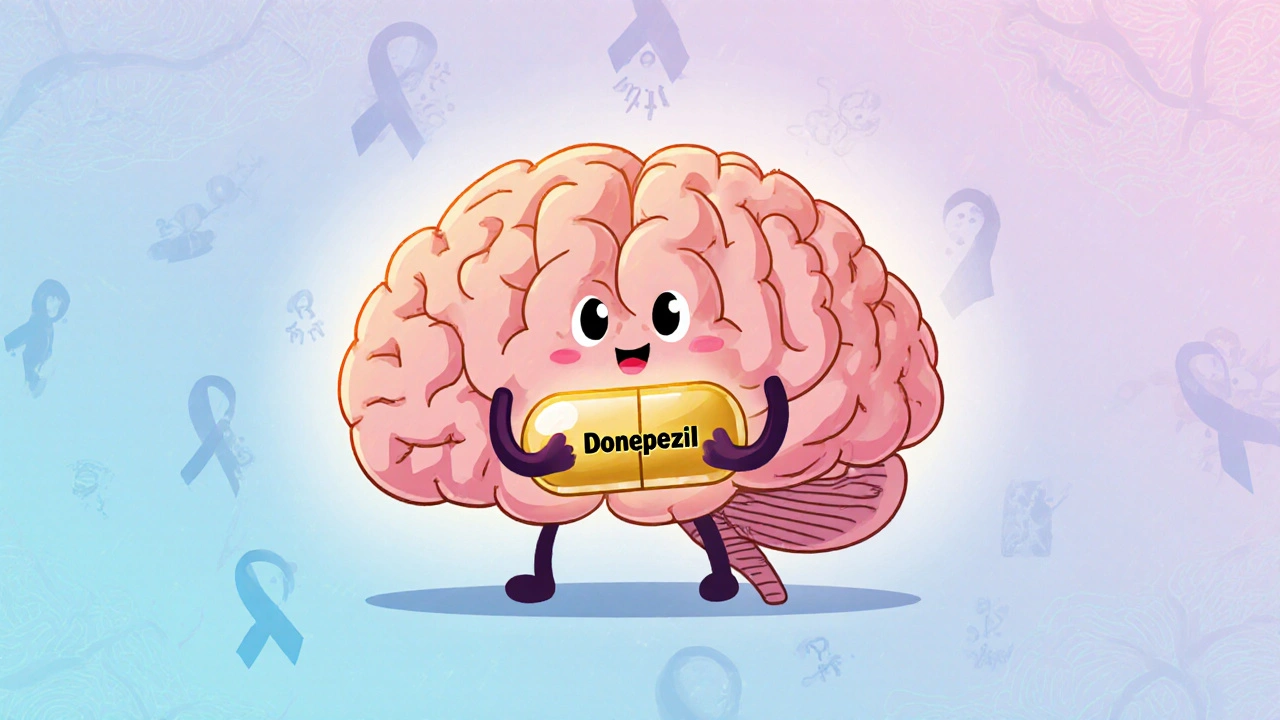Clinical Trials: What They Are, How They Work, and What You Can Learn From Them
When you hear clinical trials, controlled studies that test new medical treatments on human volunteers to measure safety and effectiveness. Also known as human trials, they’re the final step before a drug hits the market—and the most reliable way to know if it actually works. Without them, we’d be guessing whether a pill helps or harms. Every medication you take—whether it’s for diabetes, high blood pressure, or erectile dysfunction—went through this process. And the results? They’re not just for doctors. They’re for you.
Phase trials, the structured stages that new treatments must pass through before approval break the process into clear steps. Phase I tests safety in a small group, usually healthy volunteers. Phase II looks at how well it works in people with the condition—like how bisacodyl eases constipation or how roflumilast helps COPD patients. Phase III compares the new treatment to existing ones, often with thousands of participants. That’s where you’ll find head-to-head comparisons like Avanafil vs. sildenafil or Malegra DXT Plus vs. other ED combos. If it passes, regulators like the FDA review the data. Phase IV happens after approval, watching for long-term side effects in the real world.
These aren’t abstract studies. They’re built on real people. The data behind Slim Trim Active’s weight-loss claims, the safety notes on sitagliptin-metformin fatigue, even the warnings about Flagyl ER’s side effects—all came from people volunteering in medical research, systematic investigations designed to answer specific health questions using human participants. Some trials look at genetics, like why certain people are more prone to parasitic infections. Others test new delivery methods, like male contraception gels or polymer blockers like Vasalgel. The goal? To cut through marketing hype and find what’s truly effective.
You don’t need to be a scientist to understand what these trials tell you. When you see a comparison between Tadora and Cialis, or Diamox and its alternatives, you’re seeing the outcome of clinical trials. The side effects listed? That’s from Phase III. The dosage recommendations? That’s from Phase II. The fact that you can buy generic Coumadin or Amoxicillin online? That’s because trials proved the active ingredient works the same as the brand name.
What you’ll find in the posts below isn’t just a list of drugs. It’s a map of how real people helped shape today’s treatments. You’ll see how clinical trials led to better options for Parkinson’s, gout, anxiety in cancer patients, and even pregnancy nausea. Each article breaks down what the data actually showed—not what the ad claims. No fluff. Just what matters: what works, what doesn’t, and why.
Donepezil’s Emerging Role for Treating Neurodegenerative Disorders Beyond Alzheimer’s
- Keith Ashcroft
- |
- |
- 15
Explore how donepezil, long used for Alzheimer’s, may help treat Parkinson’s, Lewy body dementia, Huntington’s and other neurodegenerative disorders, with evidence, safety tips, and future trial updates.
View more
